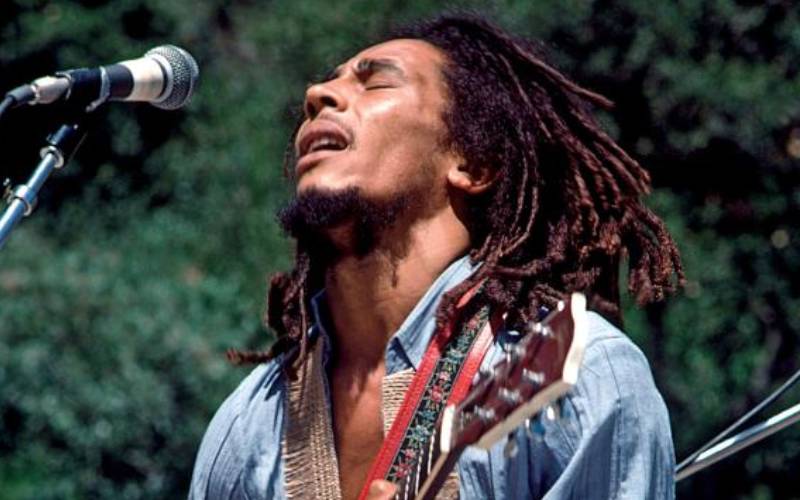×
The Standard e-Paper
Kenya’s Boldest Voice

Reggae icon Bob Marley. Reggae music has been hijacked by politicians as part of that cultural cocktail. [Courtesy]
International Reggae Day was on Thursday, a day to the conclusion of the appeal hearing of the BBI (Building Bridges Initiative) before a seven-judge bench at the Court of Appeal.